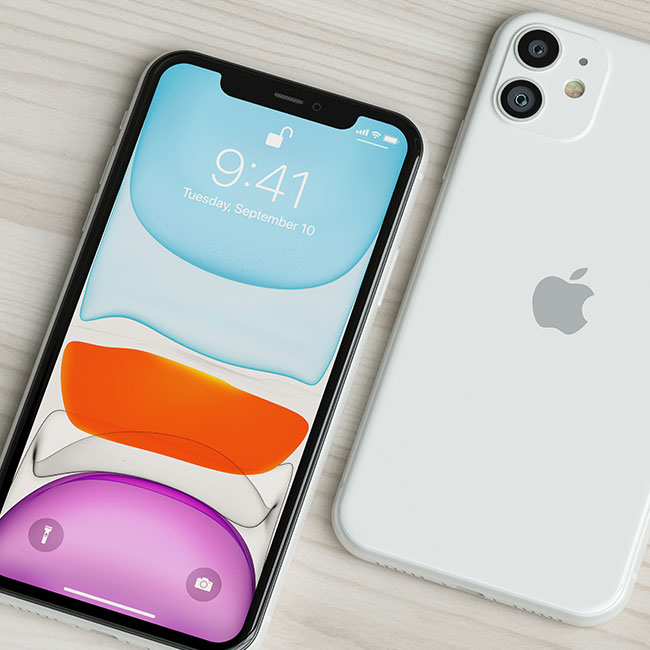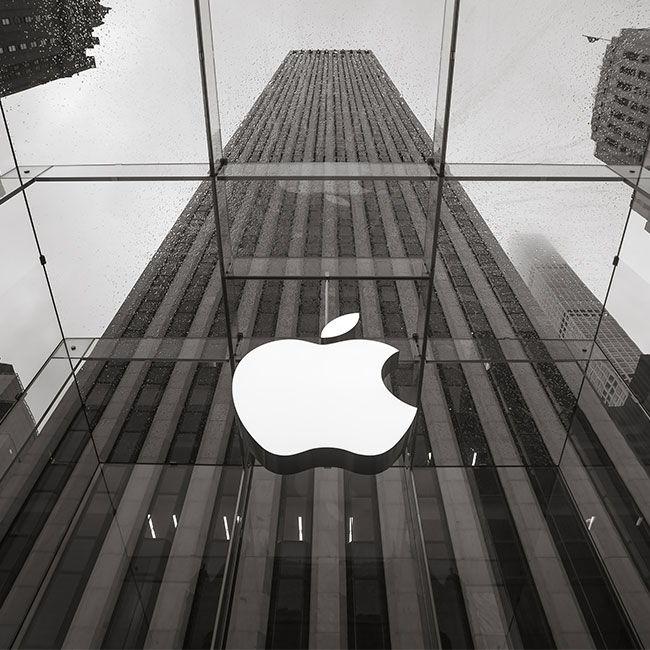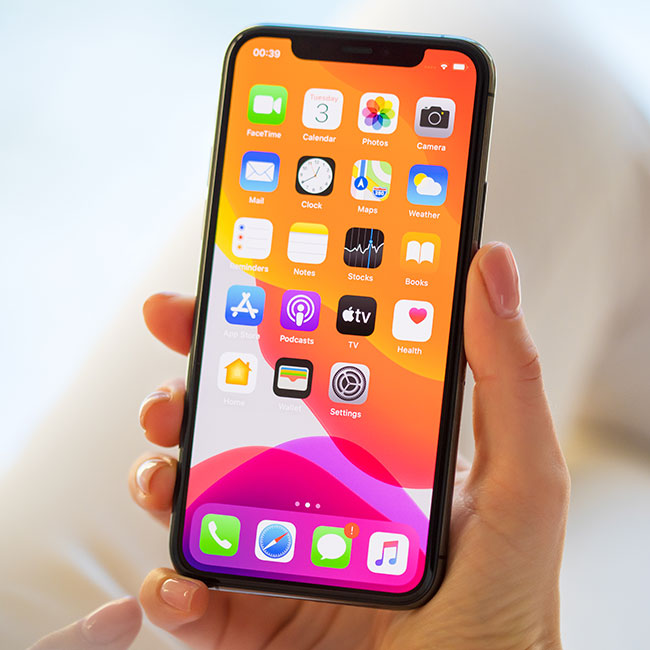This is an archived article and the information in the story may be outdated. Please check the time stamp on the story to see when it was updated last.
All apps are not created equal. Some could be compromising your privacy, your iPhone battery, and your data — but unless you get a handle on what these apps are doing to your phone, you may be unknowingly using them. This is the one app Apple doesn’t want you to know is ruining your iPhone.


Facebook Messenger App
Many iPhone users, having correctly understood the dangers of the Facebook app, figure that all they really need is FB messenger so why not just install that instead, says Samuel Stein, SEO Manager of eSafetyFirst. But there are several issues that have come up with the Messenger app that are important to keep in mind.

As it turns out, Facebook Messenger leaves you open to several privacy concerns.
“There are many good reasons messenger should be considered one of the worst iPhone apps, chief among them being the fact that it doesn't use end to end encryption,” Stein says. “The app is likely storing all of your messages with people in plain text on Facebook servers. This means any employee with the right credentials can access them.”

Another disconcerting feature of the Messenger app is that Mark Zuckerberg himself stated that it automatically scans any image you send to your friends to make sure they don't violate company policy, Stein says. “Messenger has also recorded user conversations without permission and Facebook has made it quite clear over the years they value growth over user privacy,” Stein says. “The best course of action would be to delete the app altogether, there are far better communication apps out there with just as much functionality.”

When it comes to replacing the Facebook Messenger app with a different app that can do something similar, Ray Doyler, a Senior Staff Adversarial Engineer who has been a professional hacker for over a decade, cautions iPhone users to never download apps from suspicious sources.
“If I had to pick ONE app that no one should be installing on their device, it is any app that has been sent to a user with an unsolicited link, doubly so if it doesn't exist in the app store,” Doyler says. “This could be any number of applications, but they are usually bad for a few reasons. 1) If it's not on the AppStore, there's usually a reason for that (bad content, unable to qualify, excessive permissions, outright malware). 2) If someone is sending you unsolicited links, then it's usually some form of phishing attack.”
Keep your device safe by only downloading apps that are featured in the AppStore.

























